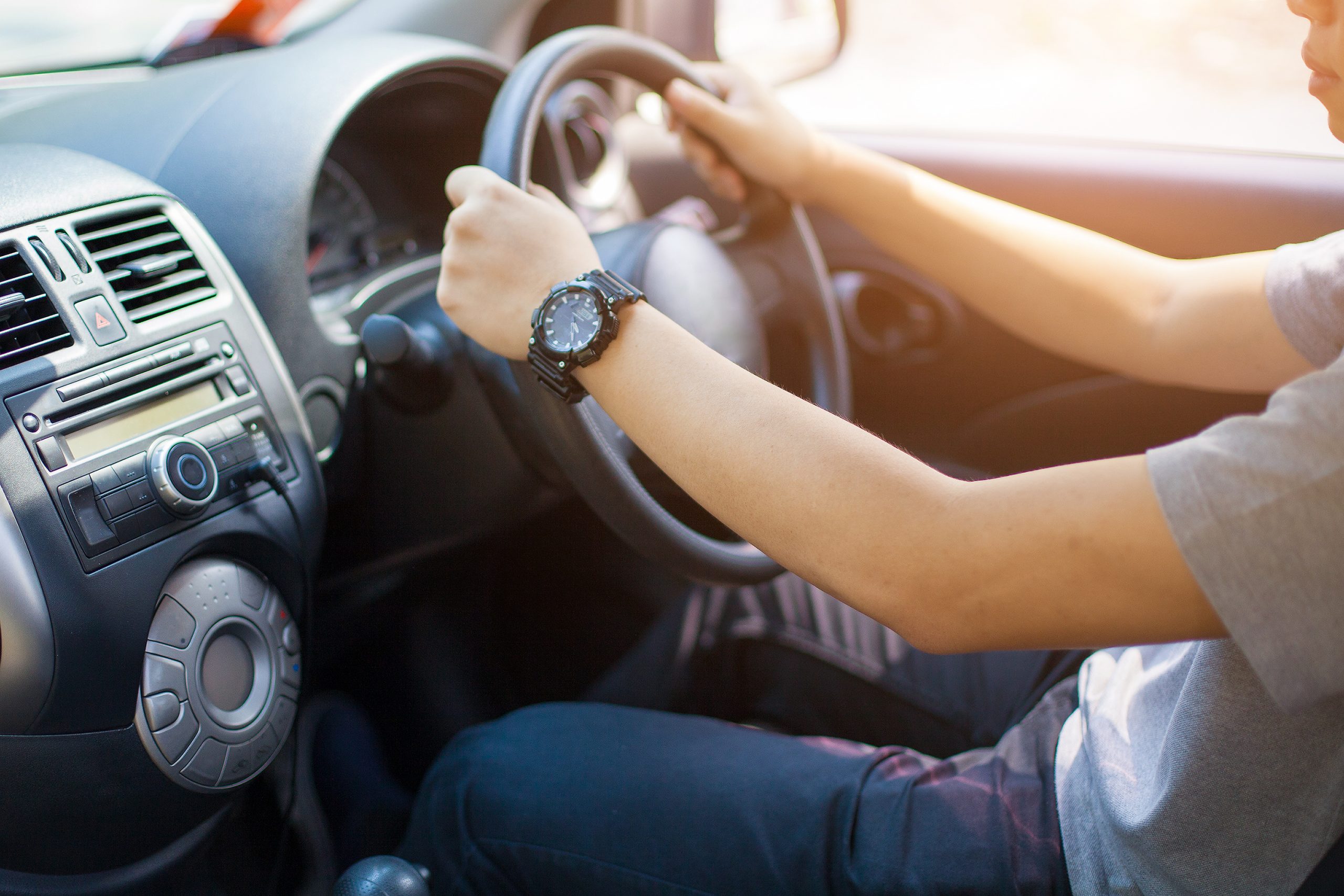Insurance
The black box alternative which offers up to 25% off car insurance

Motorists could save around £100 a year on their car insurance with a new cashback scheme which rewards good driving – and doesn’t track your every move.
VitalityCar is rewarding drivers with up to 25% cashback on their car insurance premiums every month for good driving and car-free days.
Drivers will need to fit a sensor in their car and connect it to the Vitality app in order to get the cashback.
The provider says it’s not a telematics policy as drivers have the option of using the sensor to earn points. It also doesn’t track a driver’s every move like a black box does.
So, for young drivers who face hefty car insurance premiums – an average of £1,525 for an annual comprehensive car insurance policy – but who are hesitant to use telematics, this could be an alternative way to cut the cost of getting wheels on the road, though it’s not just for young drivers.
It comes as recent research revealed that 59% of drivers under the age of 21 said they’re unlikely to choose a telematics policy despite savings of around £1,000 because they’re not comfortable sharing all their driving data with insurers. This figure rose to 70% of drivers aged 21-24.
So, if the VitalityCar offering isn’t a telematics policy, but does require a sensor to record how someone drives, how does it work and crucially, what are the costs? Here’s what you need to know.
How does it work?
The cashback offer is available to new and existing customers who have a fully comprehensive car insurance policy with VitalityCar.
Drivers must download an app and place a sensor on their car windscreen for information to be sent to the insurer so they can earn points which are transferred into cashback.
If someone doesn’t want the sensor which is automatically posted out when they buy a VitalityCar policy, they don’t have to use it and this won’t affect how their car insurance works. But it does mean drivers won’t be rewarded.
When drivers have car-free days, or show ‘good driving’ they can earn rewards. The insurer says good driving is measured against the following five key behaviours: smooth acceleration, gentle braking, balanced cornering, not using a mobile phone when driving, and keeping within the speed limit.
As you drive, points are added to your Vitality account. These are transferred into a ‘good driving status’. Once you have reached the ‘silver’ status, with 1,000 to 1,399 points, you will also have your excess reduced by £50. This is the amount you are required to pay if you make an insurance claim.
When you have 1,800 points or more, you can get the maximum excess reduction, of £250.
Named drivers can also be added to the app, so the owner of the car can earn points when they are using the car.
There is also an ‘impact alert’ within the sensor so Vitality will know if you’ve been in an accident.
The provider VitalityCar launched in June 2021 and the insurance is underwritten by Covea Insurance plc. It’s been given five stars by Defaqto, the highest rating available.
How much could you save?
The amount someone could save – via cashback – depends on their monthly premium. This is based on factors including age, profession and driving experience, along with the kind of car they drive and where it’s stored.
Vitality says the average amount of cashback earned is £98 per year, so some drivers could earn more or less than this.
As an introductory offer, drivers can earn a guaranteed 25% in cashback until the 30 June, as long as they take at least one trip in their car per month.
After June, for every day they don’t use their car, or earn six ‘good driving’ points in a day, they’ll earn an extra 1% cashback, up to a maximum of 25%.
How much you can save will ultimately be down to the cost of your premium and the amount of points you earn per month.
However, as with any kind of reward scheme, it’s always worth comparing prices to see if you can get a cheaper premium elsewhere.
What information is recorded?
Vitality says this reward scheme is not a telematics policy, and it’s optional for customers to use.
It says it only records information about good driving, and car-free days, and it would not cancel or increase the price of a premium because of how someone was driving.
What are the alternatives?
Telematics policies work in a different way but do have similarities to the VitalityCar scheme.
However, with a telematics policy the driver has to use the ‘black box’ which is installed in their car. This sends information to their insurer and as a result their premium can rise, or fall, depending on how they are driving.
There are also several apps which offer discounts on insurance premiums for good driving habits. One of those is DriveScore, a free app which collects data using a phone’s sensors. It rewards drivers with points when they drive well, and these can be transferred into insurance discounts.
Andrew Webb, managing director of VitalityCar, said: “The way we drive is directly linked to how likely we are to have an accident.
“By combining the latest technology – which gives people powerful insights into how they are driving – with rewards that encourage them to drive well, we are able to unlock significant value for our customers while also contributing to safer roads for everyone.”